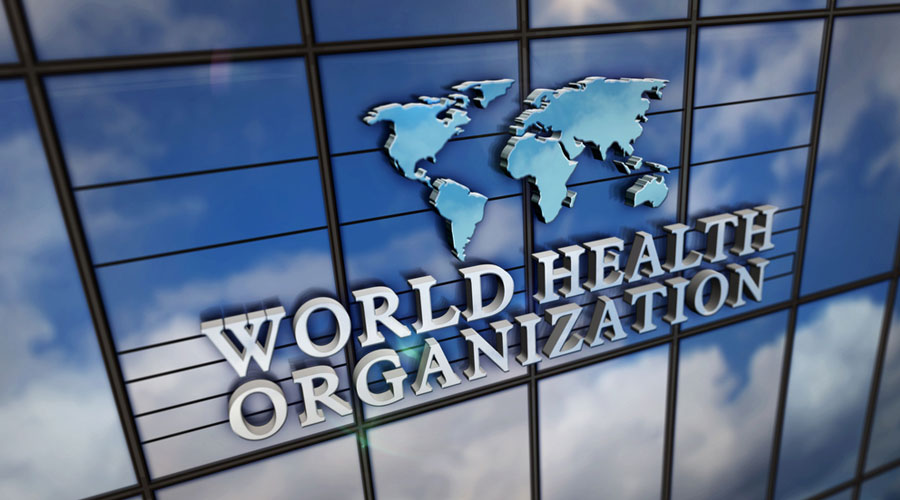The blending of tradition and modernity can lead to surprising, new endeavours. The prime minister of India, Narendra Modi, along with the director-general of the World Health Organization, Tedros Ghebreyesus, inaugurated the WHO Global Centre for Traditional Medicine in Jamnagar, Gujarat. The GCTM plans to focus on evidence-based research, innovation and data analysis to ensure the optimal contribution of traditional medicine to global health research. The WHO’s decision to advance knowledge in traditional medicine stems from the fact that 170 out of 194 member states have reported the use of traditional medicine in their respective nations and have asked for the former’s support in the creation of a reliable governing body. The Indian government has committed $250 million to support the institute’s establishment, infrastructure and operations.
Traditional medicine has for long been the first port of call to treat a diverse set of ailments — a significant number of people in India still trust ayurveda, siddha, unani and sowa-rigpa. The Bharatiya Janata Party-led government has provided unprecedented institutional support to these alternative medicines, elevating the department of Ayush to a separate ministry. Greater budgetary allocation and the establishment of around 195 undergraduate and 43 postgraduate institutions are indicative of the intent to promote traditional medicine. But non-allopathic medicines still lack scientific research and adequate safety protocols, leaving them open to abuse by quacks. The Covid-19 outbreak witnessed manufacturers of ayurvedic products as well as private practitioners fraudulently promising dubious cures for the coronavirus. The modernization of traditional and complementary medicines would require extensive scientific research, diligent screening and strict regulatory measures. The facilities of the GCTM must be used to encourage the induction of scientific and ethical practices within traditional medicines and modernize them. Governing bodies, too, must be transparent about the safety and the efficacy of such treatments. But the encouragement of alternative medicines must not mean State disincentives for allopathy. The aim of institutes such as the GCTM should not be to replace allopathy but rather plug the gaps and provide supplementary care. A number of lifestyle disorders can be addressed through integrative wellness practices among diverse medicinal branches. Consensus, not conflict, should inform medical progress.











